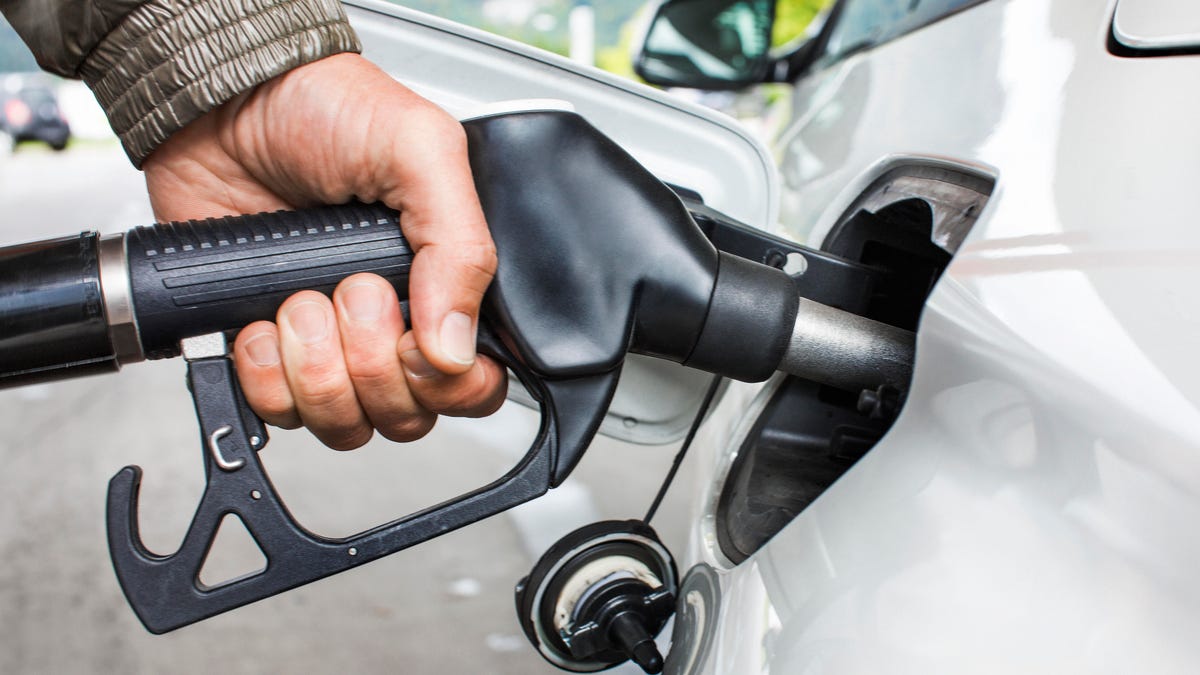Trump administration may attempt again to roll back fuel economy standards
The federal government wants to cut the mandated 5% annual increase in economy down to just 1.5%.

Fuel economy rollbacks are on the table again for the Trump administration, but who really benefits?
The Trump administration has been working to negate the Obama-era fuel economy mandates since fairly early in 2017, shortly after he came into power. So far, there hasn't been much success, with numerous states and automakers banding together and slowing the process to a near halt.
Now, in the midst of a global pandemic, while everyone else is distracted, they're trying it again. This time the plan is to cut the Obama-mandated annual fleet efficiency increase of 5% down to 1.5% per year, according to a report Monday by The Detroit News. These changes are expected to take effect on March 31.
While at first glance a 3.5% decrease doesn't seem like a lot, particularly when Trump's EPA chief initially wanted to freeze fuel economy standards at 2020 levels through 2026, but it's still likely to be a big hit to the environment at a time when scientists tell us we're approaching the point of no return for the climage crisis.
Even more puzzling is that this decision to hamper the development of more fuel-efficient cars is being considered when the world is very likely headed into a severe economic recession as a result of the business shutdowns caused by social distancing edicts.
The Trump administration claims that these fuel economy rollbacks will save customers upward of $3,000 on the purchase of a new car, but it has been unable to point to compelling evidence that this would be the case. According to the Detroit News report, the average cost of a new car had only risen by $2,007 since 2017 when the Obama rules kicked in.
As in other instances when the Trump EPA has tried this, we fully expect California and the coalition of states that have adopted its more stringent fuel economy and emissions guidelines to sue in an effort to block the change and that automakers like Ford, Honda, VW and BMW will continue to back that play.
Neither the EPA nor the California Attorney General's office responded immediately to Roadshow's request for comment.

